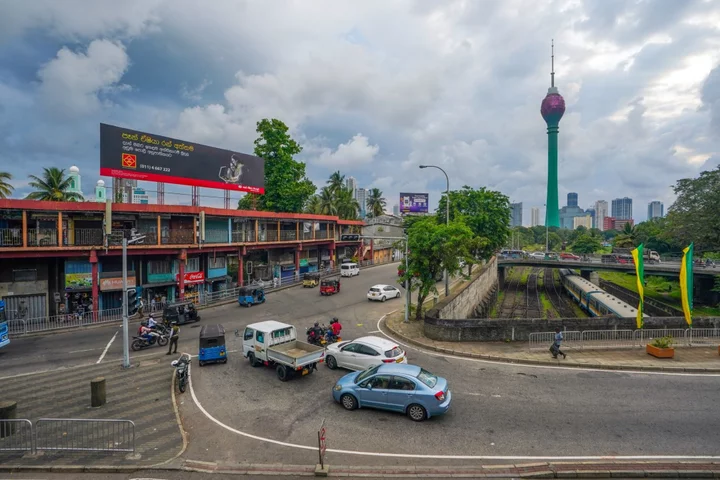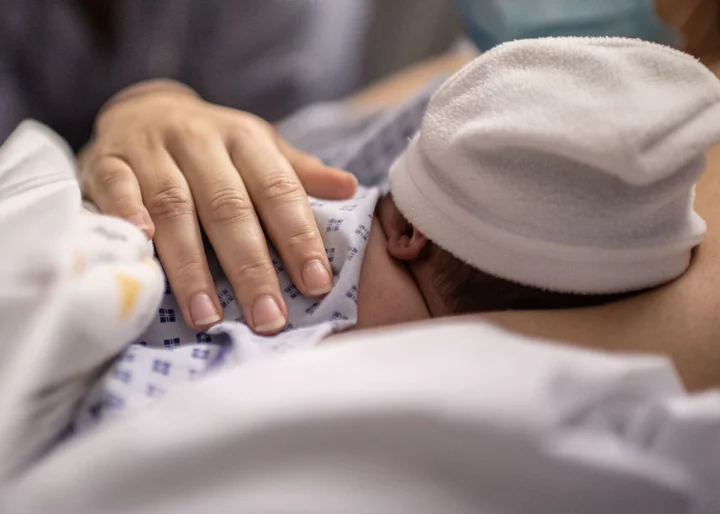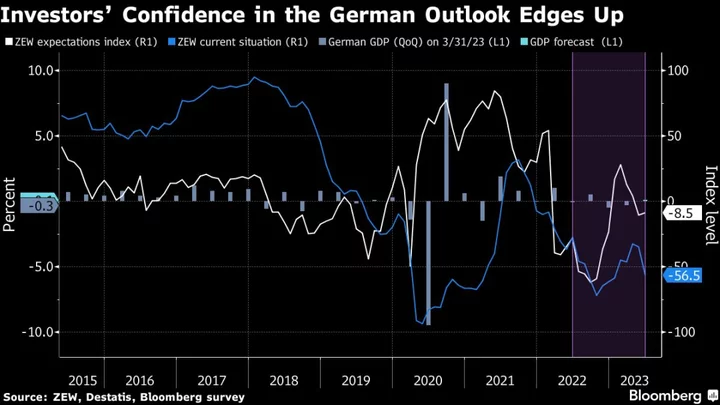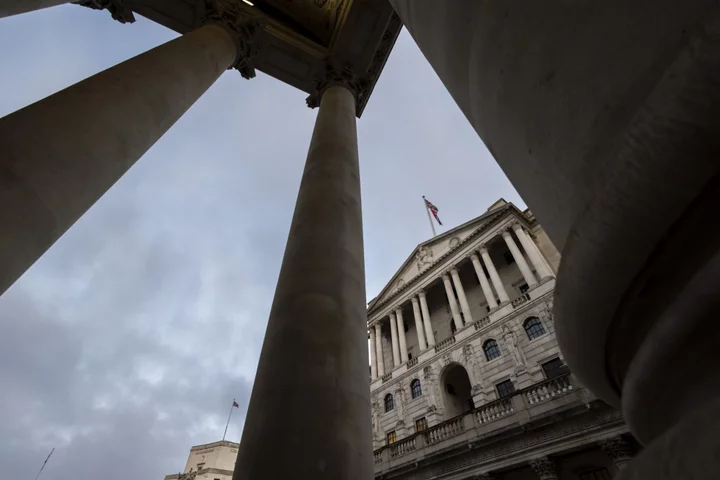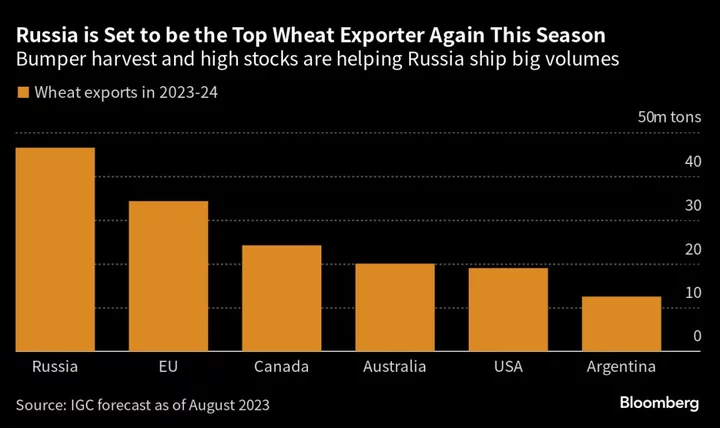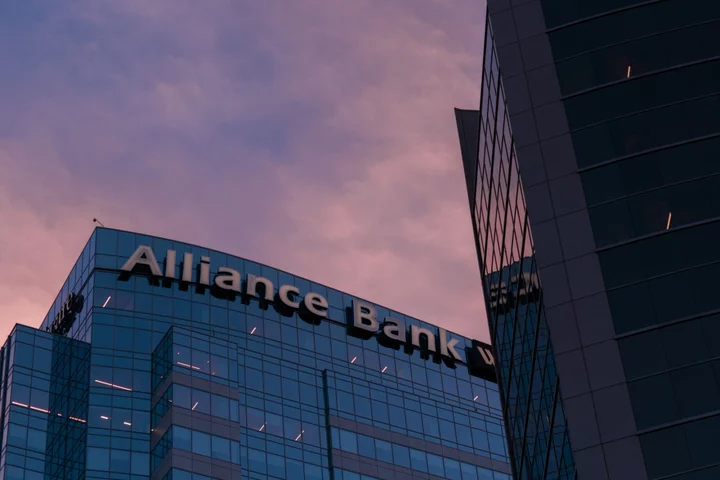Sri Lanka secured an initial funding approval from the International Monetary Fund, paving the way for the South Asian country to receive the next loan tranche from a $3 billion bailout program.
The staff-level agreement on economic policies must be approved by the IMF’s executive board before the island nation can receive its next payout of about $330 million, the Washington-based lender said on Thursday. Securing a deal with official creditors to restructure debt is critical, it said.
“Macroeconomic policy reforms are starting to bear fruit and the economy is showing tentative signs of stabilization,” the IMF said in a statement. Fixing governance weaknesses and corruption vulnerabilities are needed to put the economy on a path toward lasting recovery, it added.
Sri Lanka’s progress on its debt restructuring is also key to the IMF financing, with the nation completing an exchange of local debt last month. A group of official creditors including India, Japan, and France is set to submit a debt restructuring proposal “very soon,” according to a person with knowledge of the matter.
A group of dollar bondholders also submitted a restructuring proposal, though it did not receive a favorable response from Sri Lanka. Following a tentative deal with the Export-Import Bank of China in recent days, President Xi Jinping told President Ranil Wickremesinghe his country will continue to assist Sri Lanka with no political strings attached in a meeting in Beijing on Friday, according to a Xinhua News Agency report.
The country’s dollar bonds have surged about 66% this year, as the IMF’s bailout spurred optimism over its fiscal recovery. Notes due 2030 were steady at about 49 cents on the dollar on Friday after sliding 2 cents on Thursday following a statement by the government expressing serious reservations about the bondholder proposal. The benchmark Colombo All Share Index climbed 2.5%, the most since July.
Sri Lanka has taken steps to boost tax revenue and inflation has eased to 1.3% in September from about 50% in March, as it pushes ahead with reforms after defaulting on its debt last year. The nation needs to rebuild its foreign-exchange reserves to strengthen its buffers, the IMF said.
Investors in distressed debt markets are closely watching Sri Lanka’s restructuring as they bet on which countries recover the fastest from their crises. While Zambia’s restructuring has stretched out over three years, Sri Lanka is aiming to reach deals by the end of 2023, after defaulting in May last year.
“The time taken to secure financing assurances has decreased,” Peter Breuer, the IMF’s senior mission chief for Sri Lanka said at a briefing Friday. “Sri Lanka’s case has been quicker than Zambia and Chad, while Ghana has been the quickest.”
--With assistance from Matthew Hill.
(Updates pricing, adds background and IMF comment)

